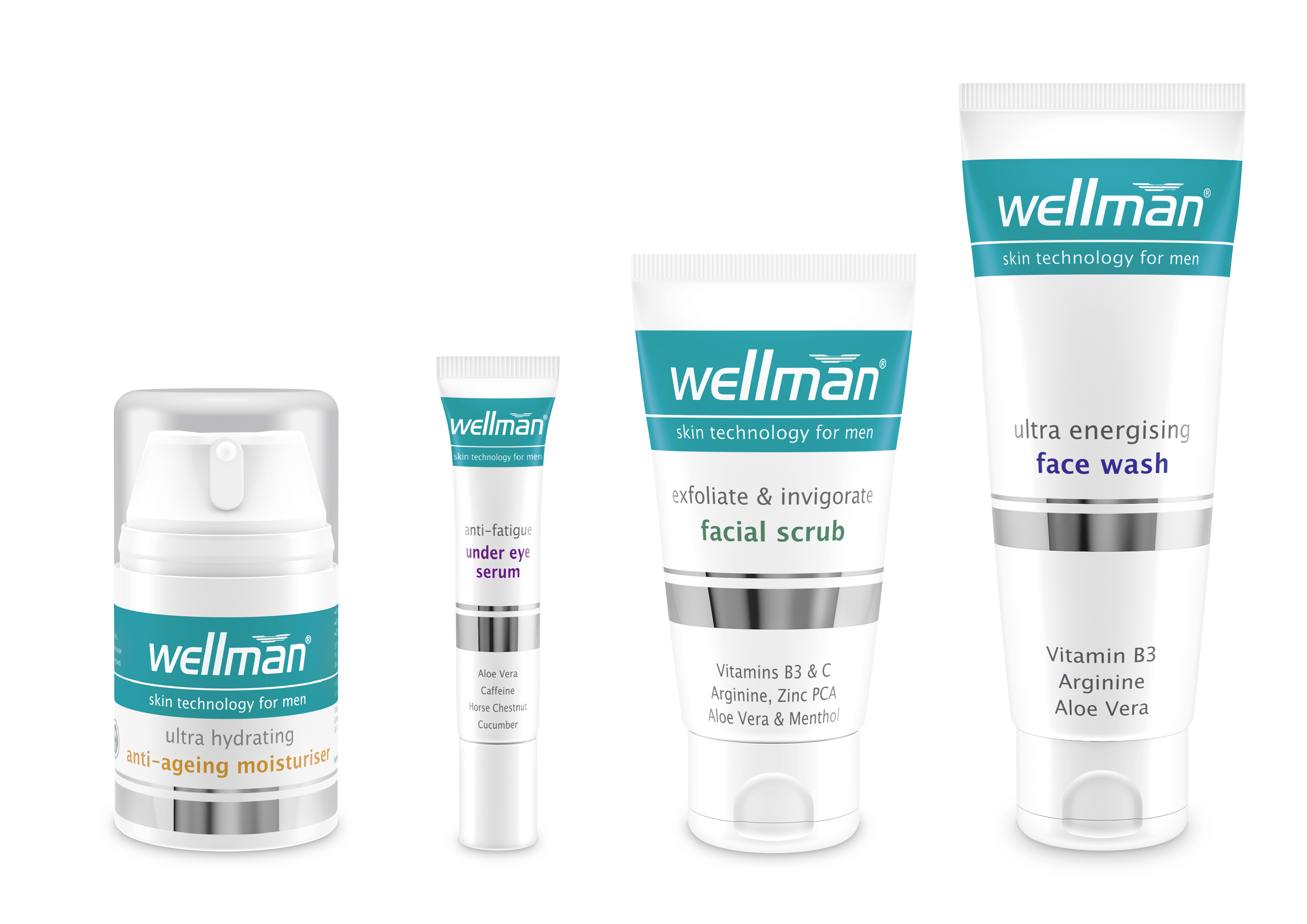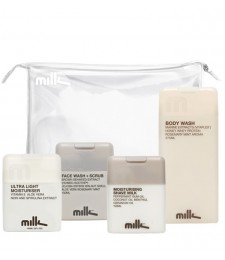by Cooper D | Jun 16, 2015 | Travel blogger destinations
 Who was your favourite teacher growing up and what do you remember most about them? I’m confident most of you would describe how they made you feel and the sense of excitement and the confidence you felt on your road to discovery.
Who was your favourite teacher growing up and what do you remember most about them? I’m confident most of you would describe how they made you feel and the sense of excitement and the confidence you felt on your road to discovery.
The function of a teacher is both diverse and meaningful. Teachers have a greater responsibility than simply standing in front of a class delivering material. It is now mandatory for them to teach social values and etiquette, mediate conflicts and most importantly develop positive-teacher student relationships.
A child’s academic and social development hinges on a teacher’s capacity to develop a positive and long lasting relationship. Students who have a healthy relationship with their teacher are more likely to achieve gains or experience success when they feel valued and respected than students who don’t have a personnel connection to the teacher. A student is more likely to show more engagement in an academic setting and display less disruptive behaviour when they experience regular communication, praise and guidance from their teacher. Positive teacher-student relationships promotes their desire to learn.
Canter and Canter (1997) make the statement that we all can recall classes in which we did not try very hard because we didn’t like our teachers. This should remind us how important it is to have strong, positive relationships with our students.
Imagine for a moment. You have a boss who makes you feel valued, respected and appreciates you as an individual. Are you more likely please your boss? How would you then feel if your boss didn’t value you as a person and lacked respect for you? This is how a child feels. That’s is why it’s critical to develop a positive supportive classroom environment. It’s important to remember, students are more willing to want to please you and behave appropriately when they are treated with respect and appreciated.
What to do │ fostering positive teacher-student relationships
- Be patient, engage in conversation and actively listen
- Get to know each child, the lives they live and learn about their interests and needs
- Spend time with them individuality and seek out the those who are reluctant or problematic
- Show students you want them to be successful through words and actions
- Create a positive environment and enhance relationships among peers
What not to do │ fostering positive teacher-student relationships
- Accept that treating a child with respect and being nice is enough. Teachers set high standards for their students and encourage opportunities for students to make a personal connection with their teachers and their peers.
- Don’t admit defeat too quickly in your efforts to develop a positive teacher-student relationship.
Rita Pierson states, “It’s hard to learn if you don’t feel connected. Which means that kids don’t just need a teacher, they need a champion, someone who believes in them, invests in them, nurtures in them the belief that they can be more than they are, that all kinds of things they don’t imagine are possible”.
By Cooper Dawson

by Cooper D | May 31, 2015 | Travel blogger destinations
Does your child talk to you? I mean really talk to you, about important topics like boys, girls, alcohol, drugs and the one that starts with S (sex).
When children reach that delicate period known as puberty, it can be a confusing time for both parent and child. Children begin noticing changes in their body, mood swings and not to mention those raging hormones.
For some parents it’s that overwhelming feeling of frustration and helplessness when you try to offer guidance and your child rejects you and disconnects the lines of communication.
Most adolescents are under a lot of pressure, both academically and socially, while also discovering who they are and where they fit into a society that is forever changing. It is possible to be a part of this journey and maintain a strong relationship with your child.
How to get your teen to talk to you? – communication is key.
“Communication is the key to developing positive relationships” –Kath Bunney (student services professional)
How to get your teen to talk to you

1. Listen – Actively listen. Stop what you’re doing and listen. Show them that their thoughts, ideas and feelings matter and their concerns are being heard.
Listening is the best way to find out what your teen knows or needs. Just listen and then say, ‘Would you like advice?’
2. Don’t lecture – when adults yell, exaggerate, get frustrated, roll their eyes, sigh, it turns teens off and they stopped listening. As a result, the relationship suffers.
3. Take a breath before speaking; smile, look friendly and set a positive tone. Keep the conversation happy and upbeat.
Happy conversations are more likely when you’re both in a cheerful mood. The conversation will decline quickly if either one of you is upset. Never demand they tell you their problems or what is bothering them.
Friendliness gets the point across quicker than sarcasm, scolding or a lecture.
4. Distraction – Before you ask too many questions offer them a snack.
Let’s be honest, how many a good conversation is had over food?
5. If you’re hoping to make a point keep the conversation short, simple and to the point.
Timing can play an important role in how the conversation goes. Choose short sentences over paragraphs.
You’re the parent, you know you have life experience; you don’t need to flaunt it and waffle on.
6. Don’t be afraid to ask open-ended questions to encourage them to open up. Allow for their point of view.
Teens are at a stage of their life where they feel they know more than you do. Okay, they might know more about pop culture and technology but it isn’t the whole story.
7. Understand how your child likes to communicate. Driving in the car, cooking dinner, kicking the footy, waking the dog or in a quiet place with no distractions can be a successful way to get little bits of information from your child.
I can remember many a conversation with my mum on the way to school.
8. Look at yourself. How strongly you feel about certain topics such as teens engaging in sex, and using drugs and alcohol may prevent your child opening up to you.
If your child already knows what you’ll say about this topic why would they bother asking?
9. Be consistent and thank them for opening up to you.
“The importance of listening to your child as they are growing up cannot be underestimated. The listening I am talking about is when you give your child the time and opportunity to share their problems.
It is not necessarily about jumping in to give them the solution; it is about giving them the space to verbalise the myriad of issues that the young person has to grapple with as they move from child, to young person to young adult.
What your son or daughter may be looking for is knowing that they have been heard and understood rather than wanting a ready-made solution to their issues”.
-Paul Campbell (school principal, Australia)
The most important parenting skill is effective communication. Parents need to start early – well ahead of the teen years.
Show your child it’s okay to talk about anything. Don’t wait until your child is in school and a teenager before you try to work on the relationship.
And of course, if you are struggling with any challenges, consult a local, trusted professional or two for advice – ideal people to talk to include a teacher, principal, child psychologist, school chaplain or counsellor, but do not leave it until things are really bad. Prevention is better than cure.
Do you have a question, concern or comment? Please drop us a line below or on social media to get the conversation going.
By Cooper Dawson

by Cooper D | Apr 25, 2015 | Travel blogger destinations
Most parents understand the importance of their child’s education. However, trying to convince a child to share your wisdom can be both frustrating and distressing.
Children who are disengaged from school find it difficult to be successful. The challenge we as parents, teachers and guardians need to overcome is how to make a child interested in learning; in other words, how to get your child interested in school.
From my experience as a teacher, the best way to get a child interested in school work is to make learning fun and approach all subjects with a touch of creativity and humour.
Having a parent tell you their child enjoys coming to school always gives me goose bumps and a sense of pride. I wish I’d felt that way about my teachers as a child.
How to get your child interested in school
Tip 1: Speak positively about education
Consistently let your child know how important education is and celebrate their successes whether it be for academic achievement, behaviour or effort.
Children from negative households and with parents who are disinterested or who fail to see the importance of education are contributing to their child’s negative experience towards learning.
Tip 2: Show your child you are interested in their homework
Ask your child how their day was; what did they learn?
Have them show you or explain it to you. Get them talking to you.
All parents should know what their child has for homework and when it is due.
Timetables, spelling words and reading aloud each day are the fundamentals of success, and should not be ignored or taken for granted.
There are wonderful resources available that can make this process a fun learning experience the whole family can enjoy.
Tip 3: Speak to their teacher
Every parent should speak to their child’s teacher at least once a term. This is an excellent opportunity to discover your child’s strengths and weaknesses. Conversations with their teacher can help to determine if there are any issues causing your child to disconnect or disengage from the classroom.
Queensland Council of Parents and Citizens Association president, Margaret Black says, “There’s nothing more powerful than a three-way (parent/teacher/child) partnership,” and I agree.
Tip 4: Visit their classroom
It is your responsibility to visit your child’s classroom on a regular basis. Teachers are always looking for volunteers and this is an excellent opportunity to witness your child’s behaviour, social skills and academic interest. Your presence alone will reinforce the importance of education and encourage your child to show more interest in the classroom setting.
Personally, I could count the number of parents I’ve had in my classroom on one hand. I realise parents are busy – everyone is busy – but if a classroom visit throughout the semester is planned, it can be worked into your diary and is achievable (and worthwhile, as far as I’m concerned).
Tip 5: Open up the lines of communication
Talk to your child. Make sure your child knows they are in a supportive, loving home environment and you are interested and respect what they have to say.
It may take many conversations but it’s crucial you actively listen to understand your child’s social wellbeing.
Finally, it is also the role of the teacher to make each child feel that they are in a positive and supportive classroom environment where someone believes in them and encourages them to believe that anything is possible.
If both parents and teachers maintain a united front, then the child is placed in the best possible situation for success and contentedness.
“Kids don’t learn from people they don’t like” –Rita Pierson
Do you have a question, concern or comment? Please drop us a line below to get the conversation going.
By Cooper Dawson

by Cooper D | Jan 11, 2015 | Travel blogger destinations
British health and supplements company, Vitabiotics, have entered the thriving male skincare market with their Wellman Skin Technology range for men. Designed to complement a healthy lifestyle, Wellman offers a perfect option for men who pride themselves on achieving healthy, clean, hydrated skin.
The basics of any grooming program is to cleanse, scrub and moisturise but since my introduction to Wellman, I’ve added a fourth; under eye serum. Over the last month I’ve been fortunate enough to sample this range, specifically formulated for men, and to my surprise I’ve had a positive response from my skin.

Ultra Energising Facial Wash
The facial wash is almost completely clear and it has an understated scent. The wash is light and comes out quickly so be aware of wastage. Surprisingly, you only need a small amount for a nice lather to help remove the impurities and pollutants in your skin. Even my girlfriend loves this one!
Exfoliate and Invigorate Facial Scrub
A good face scrub is a key player in helping you achieve smooth skin and a vibrant complexion. I found this exfoliate gentle and it helped reduce the dry, flaky areas around my nose, which I’m occasionally prone to. Apply once or twice a week in a light circular motion for a period of time.
Ultra Hydrating Anti-ageing Moisturiser
The true test of any moisturiser is if it causes blemishes or pimples which are normally evident after a week. Luckily, my skin had a positive reaction with its unique blend of antioxidants. Additionally, it also contains SPF-15 to offer protection from the sun which is the biggest factor in helping to reduce the ageing process.
Anti-fatigue Under Eye Serum
I’ve only recently added this to my skin routine as I’d grown accustomed to the dark circles under eyes and to be honest I hadn’t really thought about their demise. After a few weeks I’d notice that the dark circles and puffiness had faded slightly. Which was enough for me to continue using.
Available from online from vitabiotics.com/Wellman
PS – to complement this excellent skin care regime, why not try Wellman’s supplement, which works to improve your skin and health from the inside.

What grooming goodies can’t you live without? Drop us a line in the comments to let us know.
By Cooper Dawson

by Cooper D | Mar 25, 2014 | Travel blogger destinations

Milk is a skincare range founded by former Australian Olympian Michael Klim (you know, the guy with the shaved head who won a heap of medals) and his wife back in 2008. What’s obvious about this product is the packaging, how cool is it? In the fashion world I believe it’s described it as minimalistic chic.
Milk face wash and scrub is basically a creamy based scrub which helps exfoliate and cleanse the skin. In the past I’ve tried moisturising face washes that felt like sandpaper and left my face feeling dry. Not the case with this cleanser as it contains fine exfoliating beads which I didn’t find rough on my face. Face washes are suppose draws out the impurities in your pores and cleanse your skin, which it did. It contains over 50 different nutrients, which they say help protect and moisturise your skin. All I was hoping for was that it left my skin feeling smooth, clean and soft and it achieved that.
Sometimes I get pimples from using creamy based scrubs but I had no blemishes after using it for a week. You only need to use a small amount (about the size of a pea) to cover the whole face.
Milk Ultra-light moisturiser
Milk’s Ultra-light moisturiser is creamy without feeling gluggy, it’s non-greasy and it’s easy to apply. I like how it doesn’t have a fragrance, I’m not a fan of moisturisers which have a sweet or chemical smell. Surprisingly a small amount is enough to cover your whole face and neck.
Milk’s Ultra-Light Moisturizer contains also contains over 50 different ingredients but the two that stand out for me are jojoba oil which protects against skin dehydration and Aloe Vera which acts as an anti-inflammatory, protecting your skin against breakouts and dry, red itchy patches but most importantly, it moisturises your skin and for under $15.
You can use it day and night and it also says that it contains anti-ageing properties so make sure you pay attention around the eyes and neck. I’ll have to use it for a while to see if that’s case.
It’s Australian owned and uses 100% recycled packaging.
Overall, I’m pretty impressed with the product and its packaging.
 Who was your favourite teacher growing up and what do you remember most about them? I’m confident most of you would describe how they made you feel and the sense of excitement and the confidence you felt on your road to discovery.
Who was your favourite teacher growing up and what do you remember most about them? I’m confident most of you would describe how they made you feel and the sense of excitement and the confidence you felt on your road to discovery.







